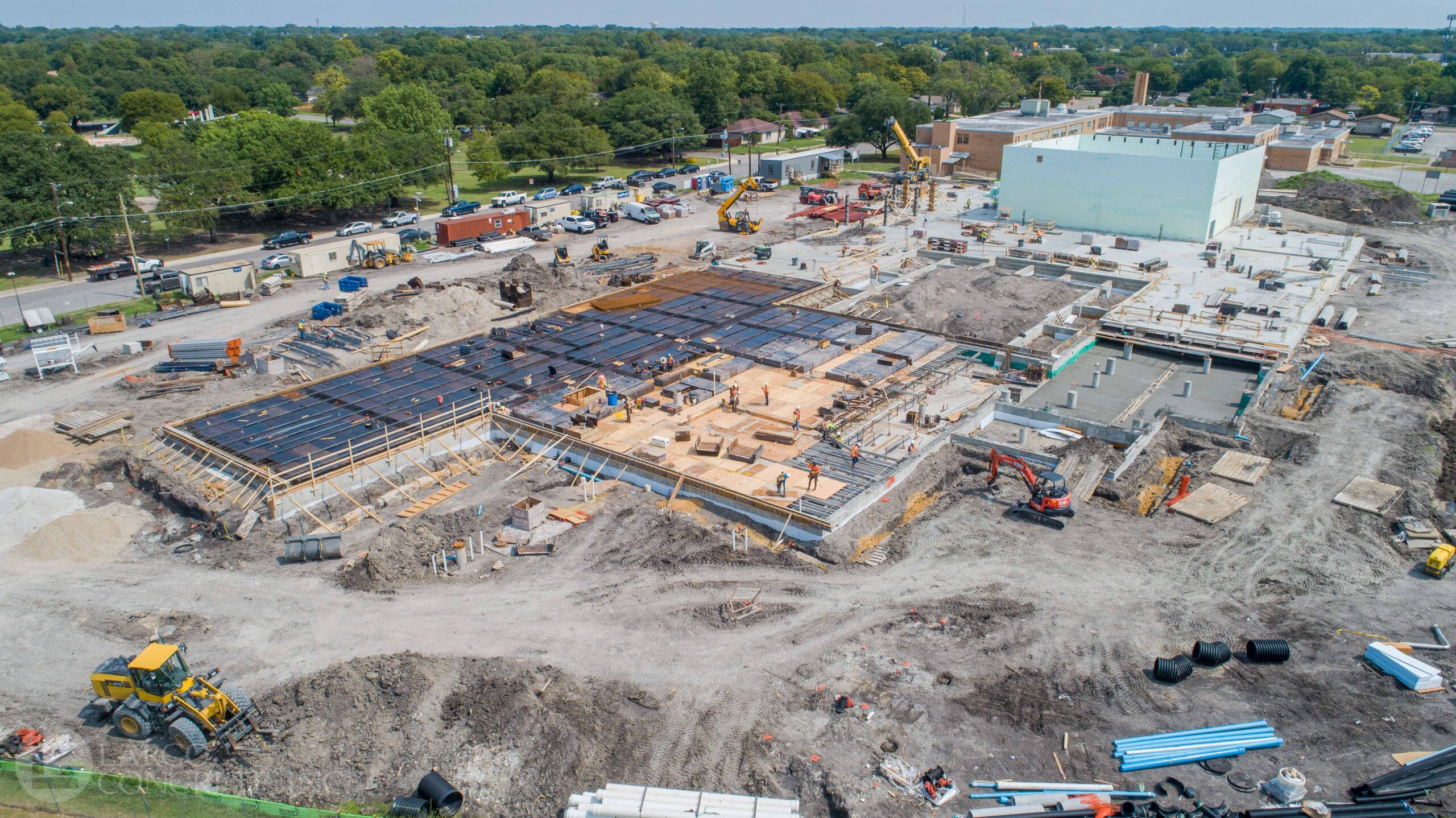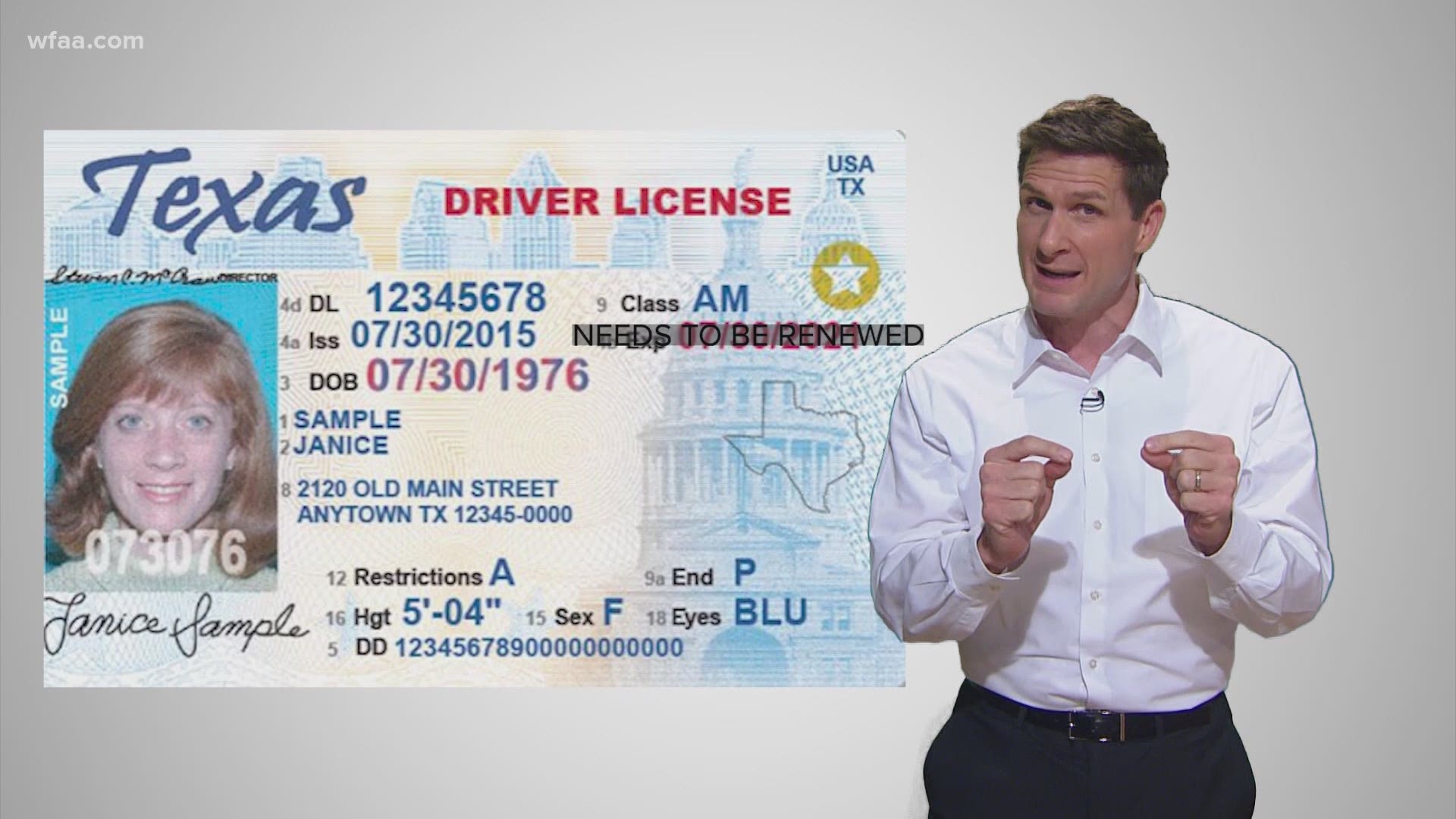

That’s the good news after this lengthy and costly process. Most states charge minimal amounts (under $100/year) for your actual license once you’ve fulfilled all other requirements. Rhode Island has a state supplemental exam. Meanwhile, here is a partial list of some states and provinces that require supplemental exams:īritish Columbia requires an in-person oral exam and interview. CLARB said in a phone conversation today that they intend to aggregate the information on which states require a supplemental exam sometime next year. State climate and soil conditions, invasive plants, and other items may also be included in these supplemental exams. Sometimes these exams focus on state laws and regulations. These are just two anomalous examples, but there may be others if you thoroughly search any state licensing board’s website.Īfter passing the LARE, some states require that you also pass a state supplemental exam. This requirement is only visible on the actual application, which is only visible to applicants, but not the general public.
#What is the first architect license number in texas pdf
Iowa has an electronic portfolio document requirement, which asks for documentation of five projects in pdf form along with the state’s initial licensure application. There is an eight question quiz on the Massachusetts licensure application that you must answer, having mostly to do with state laws. All applications must go through that state’s licensing board. Massachusetts is the only American state that does not recognize CLARB’s council record system. Massachusetts: You have three years to complete all LARE sections. Washington State: You have five years to complete all LARE sections. Texas: You have five years to complete all LARE sections.

If you know of other examples, please email me so that I may share that information. I have met one determined candidate who persevered through a number of exam failures over the years, only to have all that time, effort, and money discounted when her state’s clock ran out.Ī cursory search for this post revealed a partial list of such states. Sometimes our LARE process is delayed while we care for an aging parent, have children of our own, lose our jobs, or struggle with one or more exam sections. If you may relocate during or after your licensure process, it’s important to know if a state’s time out policy could affect you. They say that candidates should check themselves.

When asked, I was told that neither CLARB nor ASLA intend to aggregate this data, saying that it is difficult to obtain from the states and that it is subject to change. If you are unsuccessful, these states will throw out your passing scores and make you start the process all over again. In this case, “Time’s Up” refers to the requirement by certain state licensing boards to successfully complete all four LARE sections within a certain number of years. Before you do this, there are some important considerations that will impact your candidacy about which you should be aware. (Note to CLARB: Please add state and province labels to your map like we talked about on the phone today.)įor those of us who live and work in one state and have no plans to relocate, we generally seek licensure in that state, although District of Columbia practitioners must still seek licensure in a neighboring state, until DC completes its licensure rule-making process.ĪSLA has advised candidates to sit for the LARE as soon as possible, register for the exam in a state with fewer work experience requirements if their experience falls short of their home state requirements, then apply for home state reciprocity after they get their initial license. The North American map provided by CLARB, shows the information for the states or provinces you are considering getting licensed in. ASLA and CLARB have aggregated data on all states and provinces regarding education and experience requirements needed in order to sit for the LARE.


 0 kommentar(er)
0 kommentar(er)
